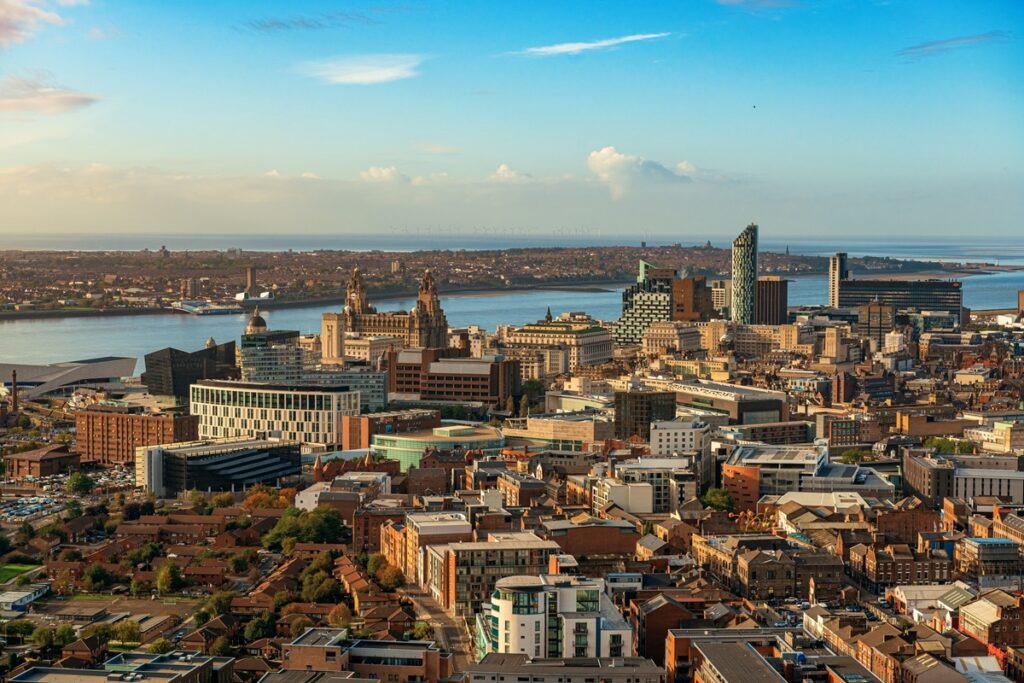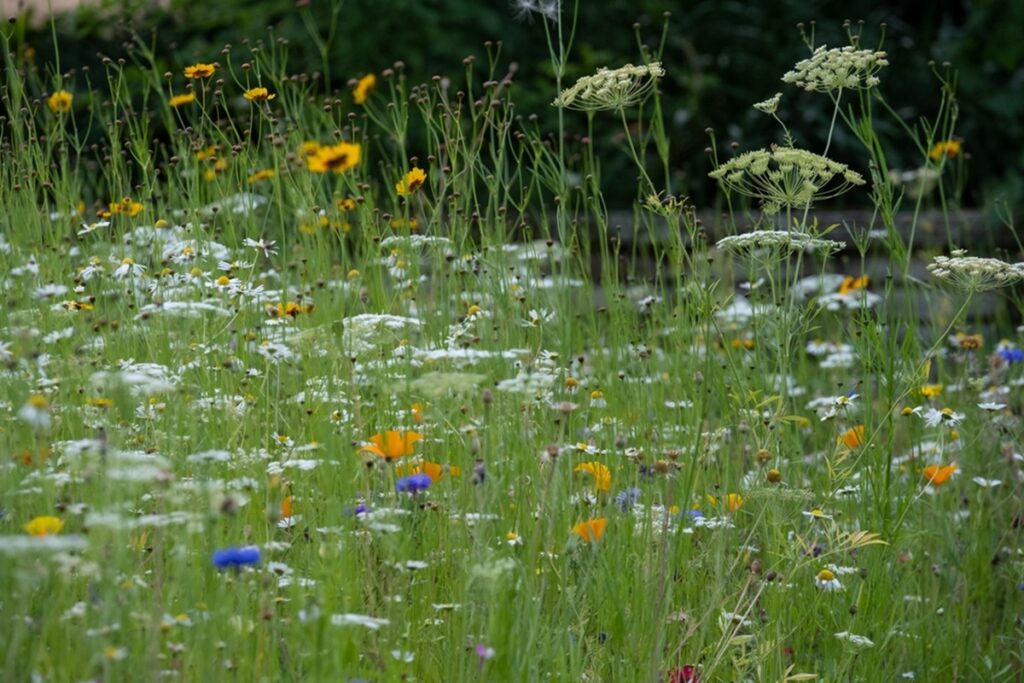Biodiversity Net Gain aims to restore and improve natural habitats
As part of a major initiative to improve the natural environment in the UK, the concept of biodiversity net gain bng was introduced through the Environment Act 2021. This legislation has reshaped the way development projects are planned and delivered. The aim is to ensure that biodiversity is left in a measurably better state post-development than it was beforehand, creating lasting environmental benefits across the country.
For almost all planning applications, aside from limited exemptions, biodiversity net gain is now a mandatory part of the planning process and national policy. In practice, this means that developers in Liverpool must work with professional ecologists to calculate the biodiversity value of a site both before and after development. By comparing these two measurements, any shortfall can be identified, with at least a 10% uplift in biodiversity required.
This improvement can be achieved through on-site measures, off-site habitat creation, or a combination of both, but the approach must be clearly documented in a biodiversity net gain assessment and approved by the local planning authority.
BNG: A National Policy Requirement
Since April 2024, compliance with biodiversity net gain requirements has been a legal requirement rather than an optional policy. BNG is embedded in the Environment Act, reinforced by the National Planning Policy Framework (NPPF), and supported by guidance from Natural England, local councils, National Nature Recovery Strategies, and conservation bodies.
For developers in Liverpool on Merseyside, compliance with the biodiversity net gain mandate means carrying out biodiversity net gain assessments at an early stage when planning projects.

Liverpool’s Ecological Landscape
Liverpool is a dynamic, historic city with distinctive ecological features. The River Mersey and its estuary are internationally recognised for their wildlife value, supporting thousands of overwintering birds and rare marine species.
Across the city and surrounding Merseyside, there are areas of woodland, grassland, wetlands, and coastal dunes, many of which are home to protected species such as bats, great crested newts, water voles, red squirrels, and natterjack toads.
Development in Liverpool must therefore take into account both the city’s urban character and its proximity to wildlife habitats. Local planning policy seeks to protect and enhance biodiversity through improved green infrastructure, habitat connectivity, and restoration of degraded sites.
Biodiversity net gain assessments in Liverpool need to be designed with the natural environment and these priorities in mind, ensuring that new developments contribute positively to the local Nature Recovery Network.
Habitat Enhancement and Nature Conservation
Liverpool City Council, along with Sefton Council, St Helens and Wirral Council and organisations such as the Merseyside Environmental Advisory Service, local wildlife trusts, local communities and conservation charities, is actively working to restore and enhance habitats across the region.
This includes projects to create wildflower meadows, improve urban green spaces, and protect ecologically important areas along the River Mersey and its tributaries.
As a result, biodiversity net gain assessments in Liverpool are likely to be closely examined to ensure they provide evidence of delivering genuine, measurable benefits. The focus is on preventing habitat loss, enhancing biodiversity through targeted habitat creation, restoring damaged landscapes, and maintaining wildlife corridors to connect fragmented habitats.

Preparing a Biodiversity Net Gain Assessment in Liverpool
Before planning permission can be granted, developers must submit a biodiversity net gain assessment prepared by a qualified ecologist. This begins with a site visit when an ecologist will carry out a baseline survey to record and evaluate the habitats present on the site area using the government’s Biodiversity Metric tool.
The survey identifies habitat types, assesses their condition, and measures their size, while also noting the presence of any legally protected species. Once the baseline score is established, the ecologist will work with the developer to forecast the site’s post-development biodiversity value.
This includes taking into account any planned habitat creation, enhancement measures, and long-term management strategies to ensure the site is in a better state following development than it was pre development. If the post development score falls short of the required 10% net gain, mitigation measures must be implemented to bridge the gap.
Delivering Biodiversity Net Gain On-Site and Off-Site
Where possible, biodiversity net gain should be delivered on-site in Liverpool. A bng plan can include creating wetlands, planting species-rich grasslands, enhancing riparian habitats, or integrating features such as green roofs, wildlife-friendly drainage systems, and native hedgerow planting into development designs.
If on-site delivery is not feasible, due to constraints on development sites or project scale, developers can purchase off-site biodiversity units from registered habitat banks as a last resort option. These represent verified habitat improvements delivered elsewhere, ideally within Liverpool city or the wider Merseyside area, to ensure ecological benefits remain local.
The Role of a BNG Plan
A comprehensive biodiversity net gain plan sets out exactly how net gain will be achieved both during and after construction. This includes habitat creation proposals, management and monitoring schedules, and commitments to maintain improvements for a minimum of 30 years, as required by law.
Mitigation Hierarchy
Liverpool City Council will expect these plans to follow the mitigation hierarchy: first avoid harm to existing habitats wherever possible, then minimise unavoidable impacts, and finally compensate for any residual losses.
Plans should also demonstrate alignment with Liverpool’s Local Plan, Local Nature Recovery Strategy, and broader green infrastructure goals.

Meeting Biodiversity Net Gain Requirements
Our ecology consultancy provides expert biodiversity net gain assessments in Liverpool and across the UK, on small sites and major developments. We have extensive experience in preparing BNG reports that meet the requirements of local planning authorities and support applications for planning permission.
Professional Support
Our team has Chartered Institute of Ecology and Environmental Management (CIEEM) accreditation, and consultants regularly work on residential developments, minor developments and substantial projects to assess sites’ current biodiversity value and provide other guidance.
Our clients include landscape architects, property developers, large and small scale developers, commercial clients and homeowners who may be applying for planning permission for house extensions.
We can manage the entire bng assessment process
From the initial site visit to the final submission, we can take ownership of your bng requirements, including baseline habitat surveys, Biodiversity Metric calculations, habitat enhancement designs, and long-term management plans to help you to secure planning permission.
Our ecological consultants can also carry out protected species surveys if required such as great crested newt surveys, bat surveys and even habitat surveys. We can provide all the bng documents required by the local council and submit them into the planning system.
Off-site bng provision
If off-site biodiversity units are needed, we can assist in sourcing them from trusted providers in the bng market and ensure all legal and reporting obligations are met. Our understanding of Liverpool’s ecological priorities, local wildlife sites, priority habitat and planning policies allows us to develop strategies that are both compliant with national law and tailored to the needs of the local environment.
Request a Free Quote for Biodiversity Net Gain Assessments in Liverpool
If your development project in Liverpool requires a biodiversity net gain assessment, we can provide a free quote based on your site’s specific characteristics and planning requirements. We work closely with developers, architects, and planners to integrate biodiversity considerations into project design from the outset, helping to avoid costly delays or last-minute redesigns.
Simply contact us today to discuss your biodiversity net gain assessment needs in Liverpool. We will require the site address and some further information to enable us to provide a quote. If you decide to accept, we will arrange a site visit at your convenience, complete a bng assessment and guide you through the planning process step by step.
Our ecological consultants will then prepare a clear plan that will comply with mandatory bng legislation, enabling you to achieve biodiversity net gain and support your application for planning permission.